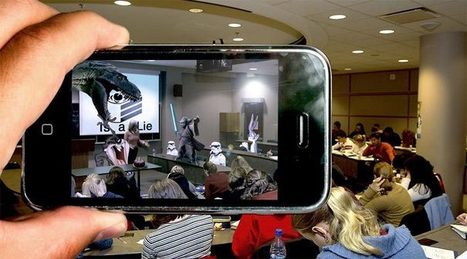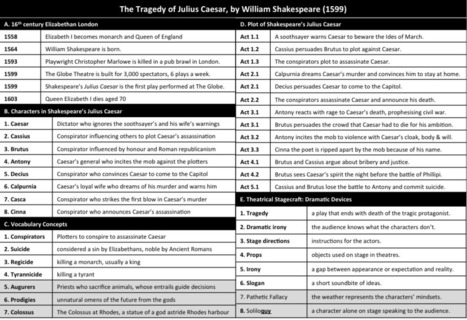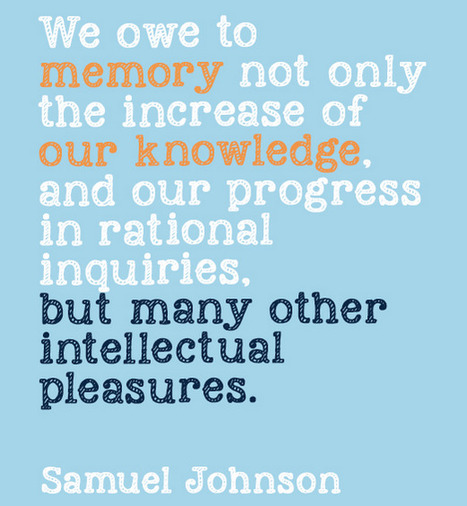TEDxKC talk synopsis: Today a new medium of communication emerges every time somebody creates a new web application. Yet these developments are not without disruption and peril. Familiar long-standing institutions, organizations and traditions disappear or transform beyond recognition. And while new media bring with them new possibilities for openness, transparency, engagement and participation, they also bring new possibilities for surveillance, manipulation, distraction and control. Critical thinking, the old mainstay of higher education, is no longer enough to prepare our youth for this world. We must create learning environments that inspire a way of being-in-the-world in which they can harness and leverage this new media environment as well as recognize and actively examine, question and even re-create the (increasingly digital) structures that shape our world.
Speaker: Dr. Michael Wesch is an Associate Professor of Cultural Anthropology at Kansas State University in Manhattan, Kansas. Michael is a cultural anthropologist exploring the effects of new media on society and culture. His YouTube videos have been viewed by millions. Michael has won several major awards for his work, including a Wired Magazine Rave Award, the John Culkin Award for Outstanding Praxis in Media Ecology, and he was named an Emerging Explorer by National Geographic. He has also won several teaching awards, including the 2008 CASE/Carnegie U.S. Professor of the Year for Doctoral and Research Universities.
www.ksuanth.weebly.com/wesch.html
http://www.TEDxKC.org/
About TEDx, x = independently organized event
In the spirit of ideas worth spreading, TEDx is a program of local, self-organized events that bring people together to share a TED-like experience. At a TEDx event, TEDTalks video and live speakers combine to spark deep discussion and connection in a small group. These local, self-organized events are branded TEDx, where x = independently organized TED event. The TED Conference provides general guidance for the TEDx program, but individual TEDx events are self-organized. (Subject to certain rules and regulations.)
Via Peter Mellow



 Your new post is loading...
Your new post is loading...















